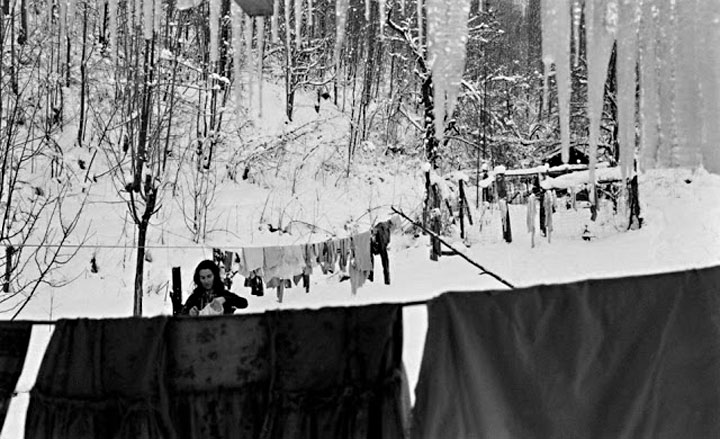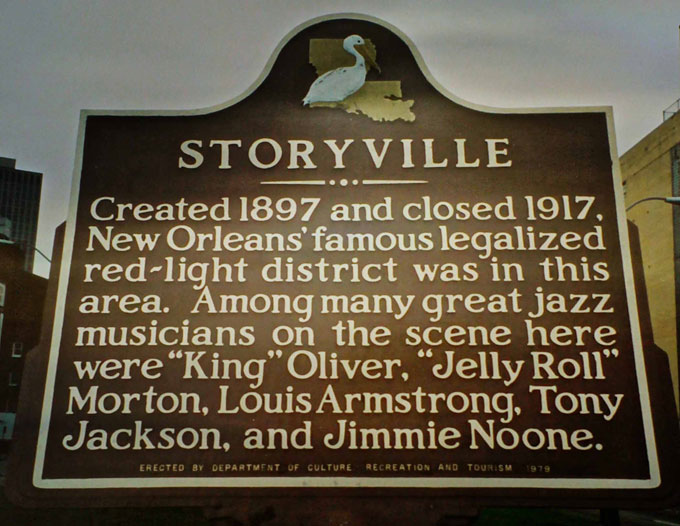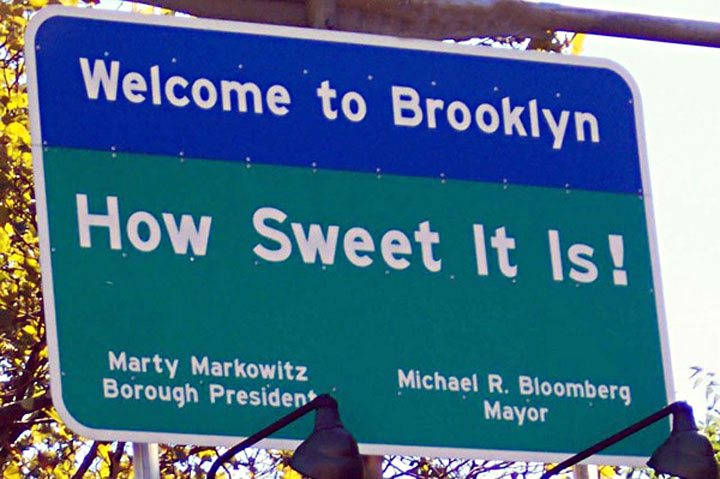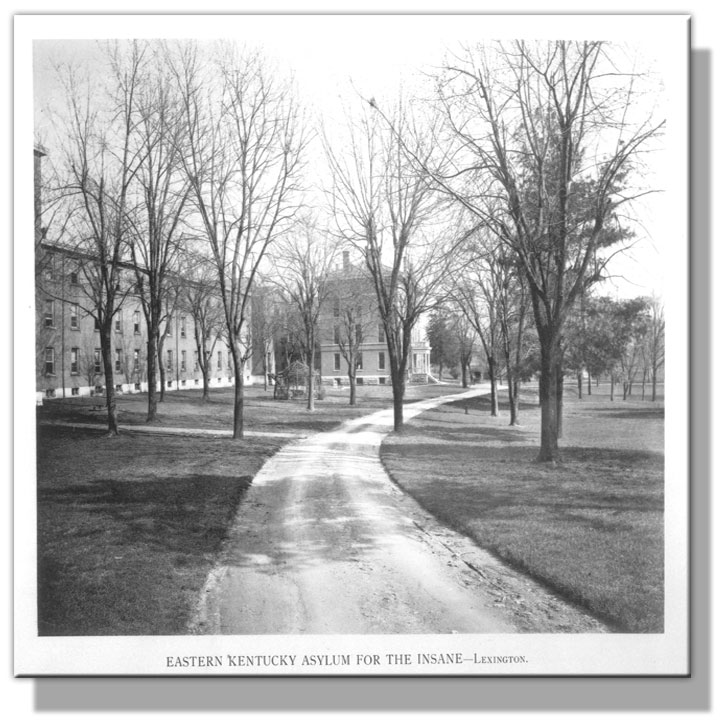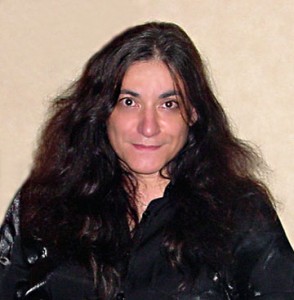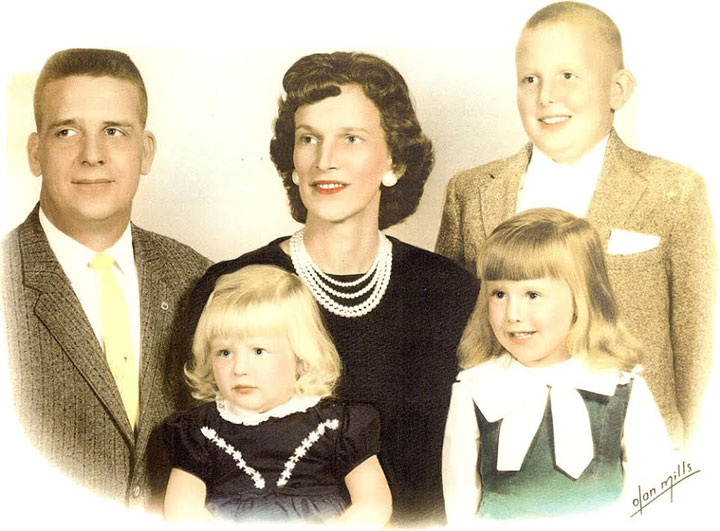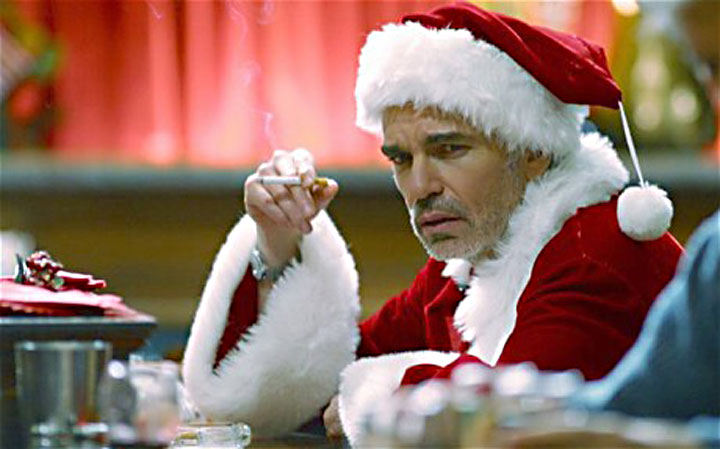Who would believe ultra-rich Hollywood
would slander itself? This dilapidated hotel
has mirrors on the ceilings, pink champagne
effervescing 24/7 in lighted fountains—
all right, it’s California and, by extension,
the republic of sunlight and worn-out souls.
If you listen, what you hear is the vox populi
of Failure. Hear it? You could do worse
than remember the message of some music
is the truth because what it says, in any case,
is We Have Blown It. Which is accurate and
true. And so after “you can check out anytime
you like but you can never leave” breaks off,
that other national anthem, beautiful light,
plays and the wrecked world assumes
an ordinary but recognizable shape.

